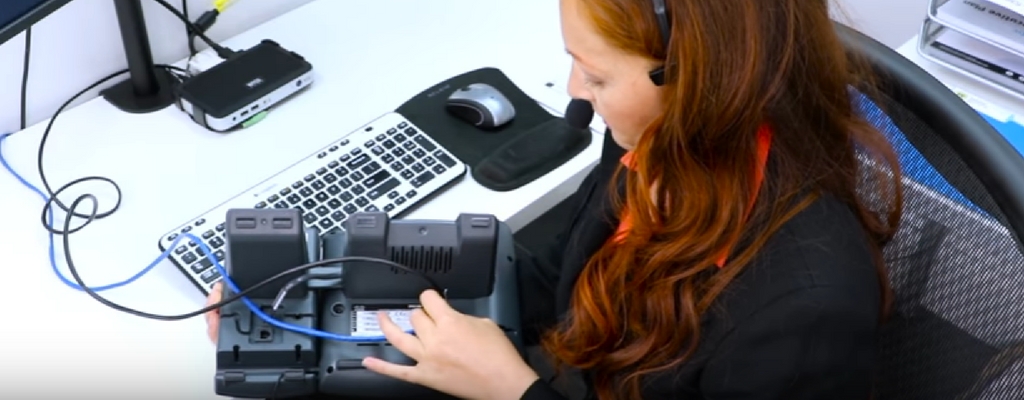
Working from home has its obvious benefits: you don’t have to sit in the dreaded morning and afternoon traffic, you can choose your most productive hours, and you control your office setting- just to name a few.
There is one problem remote workers face: having the same level of communication with in-house employees can become tricky if you’re not a part of the communication ecosystem.
Many businesses are still operating on premise-based systems, meaning they rely on land lines and a physical installation to keep their communications up. An employee must be present and physically connected to the source in order to communicate both internally and externally.
This has worked for several years and, despite its limitations, it is still a preferred phone system. It also poses a problem for remote workers.
The rise of remote work
According to a Gallup poll, 24% of Americans worked remotely at least 80 percent of the time in 2012. In 2016, that number jumped to 31%!
How do you think these remote workers are staying in touch with their colleagues and management teams? The usual methods include skype, email, and the occasional meet ups. These methods tend to work pretty well but don’t offer a level of professionalism or cadence that some seek.
With the population of remote workers growing steadily, it’s important to think about how a phone system can help you establish a professional image outside of the office.
Is there a professional phone system for remote workers?
With companies using a premise-based phone system, callers dialing the business phone number will only reach the physical location and the employees who are currently in the office.
This leaves remote workers with two options: don’t take calls, or take calls on your cell phone. If your role requires you to interact with customers or prospects, it’s hard to create a great impression with your callers this way and can often affect the outcome of the call.
The solution?
Here’s what you can expect.
Ring groups.
If a caller is in need of customer support, all employees tasked with handling customer support will be notified by a ringing phone. As long as your phone is associated with the customer support ring group, your phone will also ring right to your device.
Mobile call forwarding.
How exactly will calls reach you remotely if they’re calling the office? Call forwarding routes calls coming into the office right to your mobile phone. If you’re using a VoIP phone at home, you can set up call forwarding yourself if you’re stepping away from the desk phone but still want to receive calls.
Your own extension
You don’t need to work in-house to have a functioning extension. Once your extension is set up in the pbx, your extension can be managed just like the other in-office extensions. You can also be reached directly to your extension from the auto attendant, if your system is set up that way.
[Learn more about VoIP extensions here]
Access to great features
Just because you’re away from the office doesn’t mean you can’t experience the productivity-boosting features of a virtual phone system. From voicemail to email, to extension dialing, you can get the most value wherever you are.
Mobile friendly
Since a virtual phone system operates in “the cloud,” there aren’t any physical requirements or limitations to using the system itself. You can use your smartphone to receive and make calls using the business phone number for a unified presence among the workforce.
All you need is an internet connection to get started. If you’re using an office phone instead of your smartphone, set up is incredibly easy and you can get going in a matter of minutes.
The right business phone system creates a more connected workforce
There’s no doubt that the right business phone system changes the way you communicate with your teams.
A virtual phone system, however, isn’t only limited to full-time employees. If you’re a freelancer or entrepreneur working from your garage or your living room, a business phone system should still be your go-to communication tool.
You don’t need to be a mid-sized company to justify clear and professional communications. You just need to know what type of features and services will work for you to start building your professional presence with customers.
Is your employer still using a premise-based system? If so, talk to them about how the company as a whole can benefit by making the switch. It’s a major shift for some, but in the end, the functionality is well worth it.




